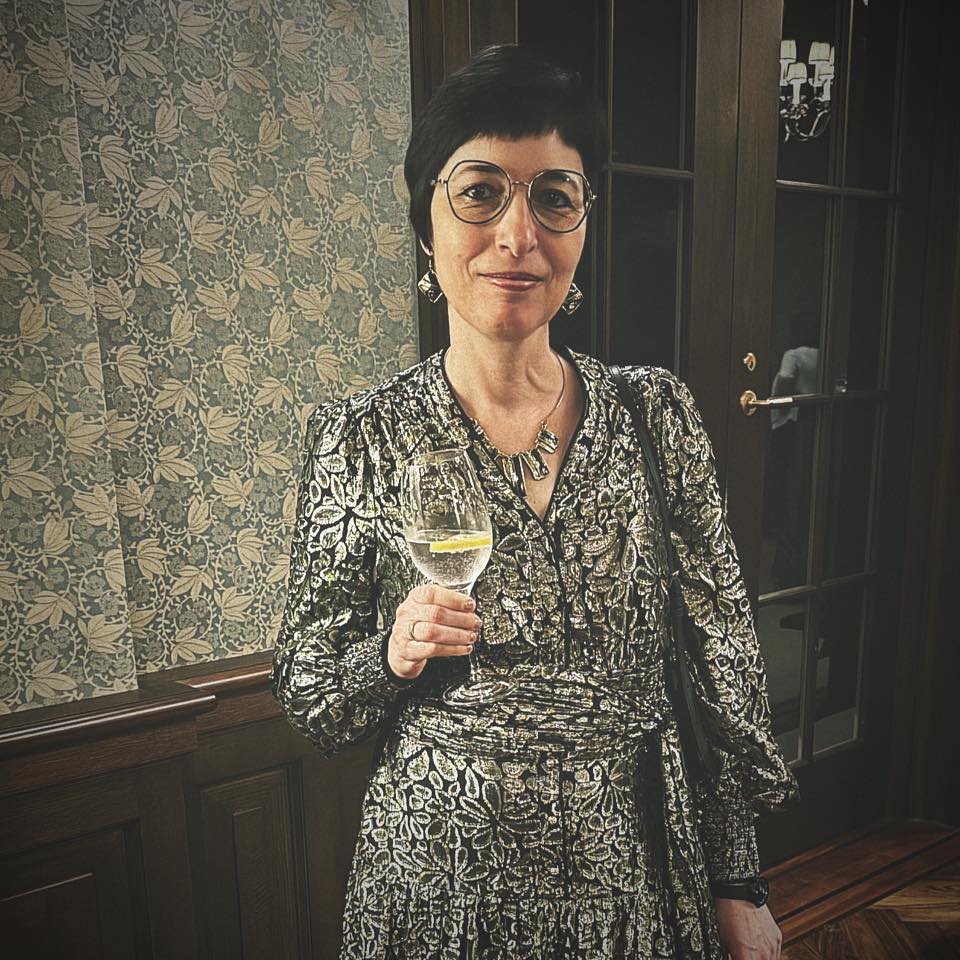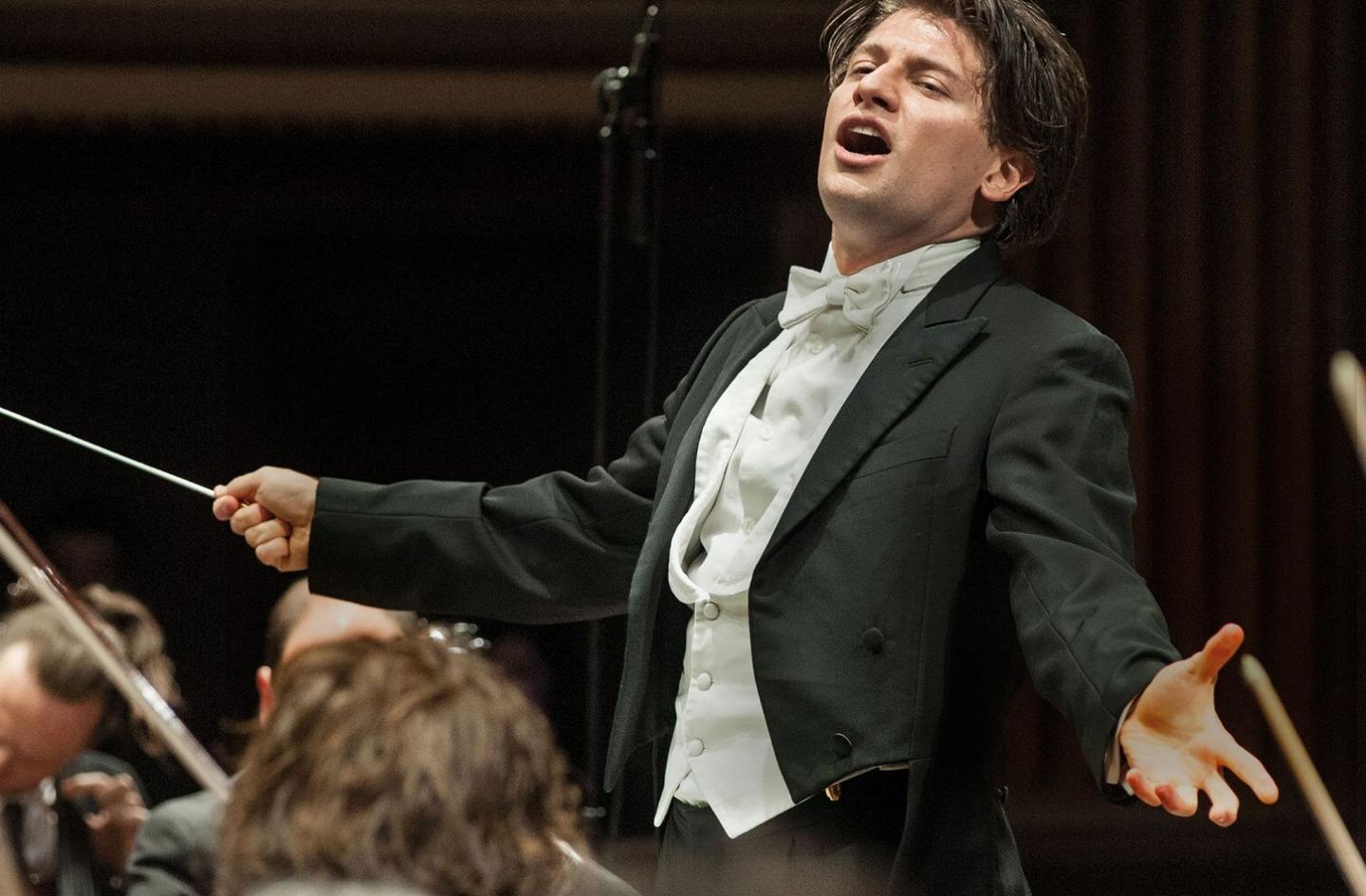Philadelphia recruits two new flutes
mainThe Philadelphia Orchestra has signed a pair of flute players for the new season, starting next mon th.
Patrick Williams, associate principal flute, has been principal flute of the Louisiana Philharmonic and co-principal of the Hyogo Performing Arts Center Orchestra in Nishinomiya, Japan.
Olivia Staton is a recent graduate of the Juilliard School, where she studied with Philly principal Jeffrey Khaner.






What happened to David Cramer, who was associate principal flute for some time?
He retired in August.
He just retired at the end of the season. His final concerts were in Saratoga Springs.
Same with Richard Woodhams and Anthhony Orlando.
I was, of course, aware of Richard Woodhams’ retirement – one of my favorite players of the orchestra. But not of David Cramer’s or Anthony Orlando’s. Thank you for the info.
Did they not consider Prema Kesselman and Mimi Stillman, two EXPERIENCED players already local?
You have to win an audition. They don’t just give you the job.
Mimi Stillman has a much more creative and interesting career than being an orch. musician. She is doing extraordinary work with her chamber ensemble Dulce Suono, which she also manages. She is also very involved in academia and gives riveting historical lectures. I honestly think that an orchestra job would be a step down for her.
A lovely reply. I agree.
Besides (in further response to Luigi), a person would have to be interested in living the life of an orchestral musician (without being principal). I’ve known people who were assistant/ associate principals in big-time orchestras who really had to struggle to find ways of making the job fulfilling.
@Bruce:
Orchestra jobs are only available to players who have trained rather narrowly for that work, workshopped that audition rep ad nauseum, and lived and breathed the conservatory mainstream approach that focuses on BLEND and BLAND.
If you have a lot of strong interpretive opinions, an interesting musical personality, and god forbid play any historical instruments, you won’t make it far I’m afraid.
yes, I’m sure the original Viennese tuning Edicson Ruiz uses in performances of Dittersdorf, Sperger et al. will get him thrown out of the Berlin Phil eventually.
Just like his colleague Ulrich Wolff, as soon as people find out he spent years playing with Musica Antiqua Köln.
also, Pahud really is one of the blandest flute players I can think of.
And just 100 miles from Berlin:
I wonder, how will the narrowly trained players of the mainstream Staatskapelle in Halle react after realising they have been using historical instruments for decades when appearing as the Händelfestspielorchester?
anyway, I’m sure mindlessly rubbishing a whole profession makes one feel much better about oneself.
Pahud tours as a soloist and chamber music artist and gives master classes in his down time from Berlin. And he records solo cds regularly. Just being an orchestral player would be way too one-dimensional for an artist of his caliber.
@Tutti Flutie
I do know that.
I was trying to point out the stupidity of Professor’s claim that you only can “make it far” as an orchestral player by being “bland” and by not “having an interesting musical personality” .
perhaps my attempt at sarcasm failed, though …
I know. I’m one of them. I love to play utterly without personality or anything individual about my playing. If someone tells me I sounded better than usual last night, I’m disappointed because it means they remembered me from before. It’s always an incentive to work harder at erasing everything about myself from the music.
Remember: it should never be “this is what I sound like when I play the flute,” it should be “this is what a flute sounds like when somebody blows on it.” If you’re identifiable in any way, you are a failure as an orchestral musician.
Seriously though, are you a fucking idiot? Just wondering.
Nice irony. Just the same, is it not the job of an orchestral player to be an expert reader of every composer’s vision of each piece, style and genre?
Is not the job of an orchestral player to perform the vision of whomever is conducting?
Don’t these factors tend to define whatever individuality one might want to express?
Pamela (being serious now because your comment was not stupid or willfully ignorant) –
I would say it’s a matter of temperament. If you are the kind of musician who always needs to be expressing their own individuality no matter what the piece or style, then the orchestral life is probably not for you. If you gain satisfaction from making your own contribution to a larger whole, and you don’t see it simply as a relinquishing of identity to do so, then an orchestral career can be ideal.
I like being a principal flutist: I like having a certain amount of responsibility. I like figuring out ways to sound like myself within the strictures and structures of, say, a Beethoven symphony. I have no interest in being responsible for the entire interpretation of a Beethoven symphony (i.e., in being a conductor), or even in shaping a particularly lovely solo into something that doesn’t fit into the whole. I get a fair number of comments from audience members to the effect of “I love listening to you play” or “I can always tell it’s you” (granted, only the people who actually like my playing tend to say anything; who knows how the other 1500 people in the audience feel), which tells me my playing is not anonymous. At the same time, conductors rarely feel the need to ask me to adjust what I’m doing, which tells me I’m not disturbing the overall flow of the piece (or maybe they just don’t see the point in trying :P).
I’ve performed as a soloist several times with the orchestra. It’s always an honor to be asked, and I guess I enjoy it, but no matter how well it goes, it’s never something I’m itching to do again.
There are people for whom the above description sounds like a life of soul-numbing, unrelenting drudgery. I happen to like it.